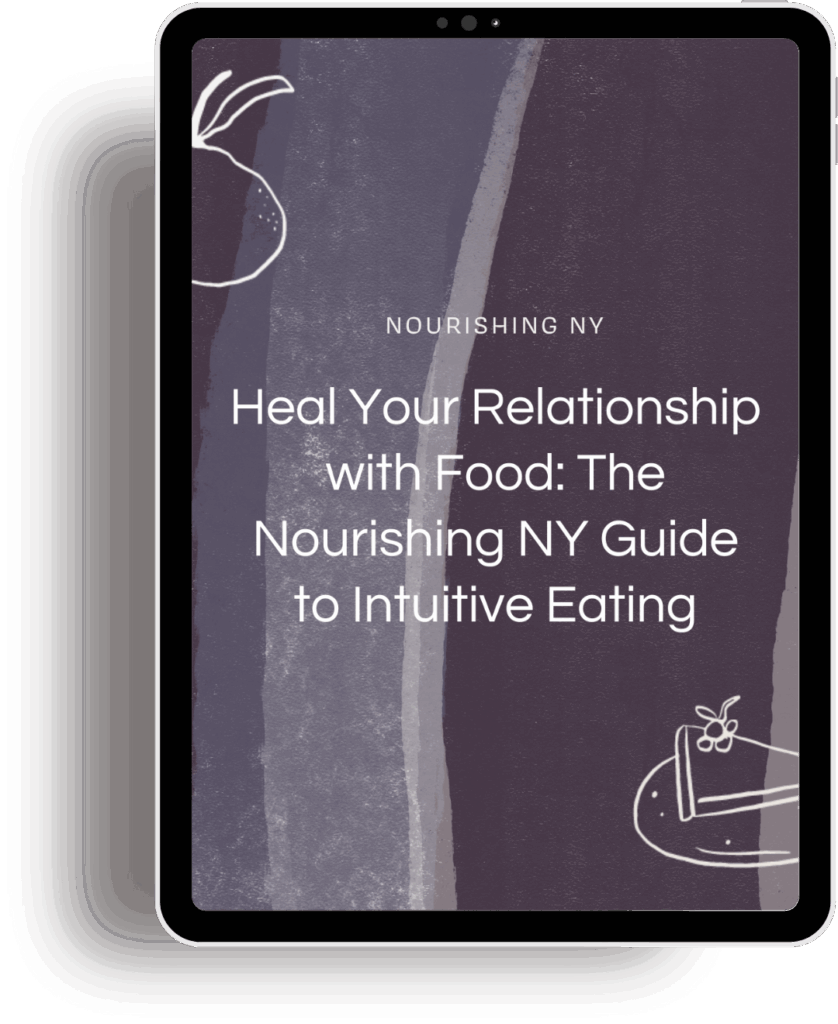Calling all parents: this topic may be uncomfortable but necessary for your child’s improvement.
Eating disorders are far from straightforward. They are complex and serious illnesses that can only be treated by a team of professionals along with family support. The process may appear daunting, but it has the potential to transform your child’s life for the better.
The first step towards your child’s recovery is recognition of the eating disorder. This includes recognizing signs of restrictive eating, excessive exercising, and poor body image. The next step is to approach the topic gently and thoughtfully by engaging in conversation. It can be helpful to research the eating disorder before engaging in conversation with your child. It is also important to recognize that children may be inclined to deny their diagnosis and unhealthy behaviors.
When beginning a dialogue with your child, you should emphasize your concern for them and listen attentively. As a parent or guardian, you should be specific about the next steps you and your child can take in seeking treatment. Your child may not be convinced at first and may require many conversations before agreeing to accept help.
Recovery is a long and complex process. While consistent improvement is ideal, it is not realistic. In reality, the recovery process can be riddled with setbacks or relapses. However, parents or guardians can provide constant love, support, and encouragement to help ease the process. Supporting your child takes time, energy, and devotion. Remember, there is no one to blame for your child’s current situation. The best treatment that a parent can provide is their unconditional support and belief in their child’s ability to recover.
Sources:
Parenting a Child with an Eating Disorder. Psychology Today. Retrieved on January 3, 2022 from https://www.psychologytoday.com/us/basics/eating-disorders/parenting-child-eating-disorder



